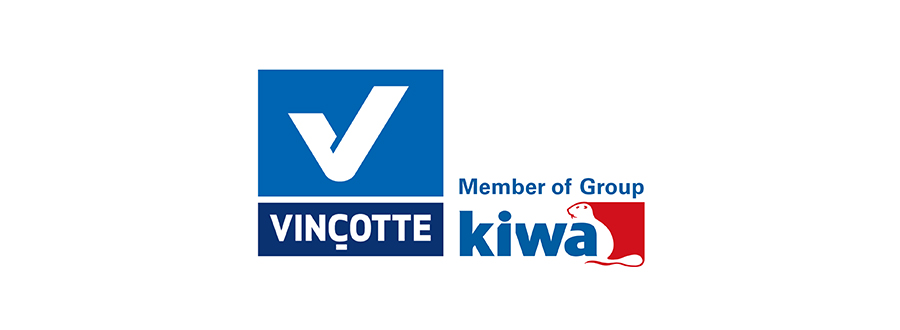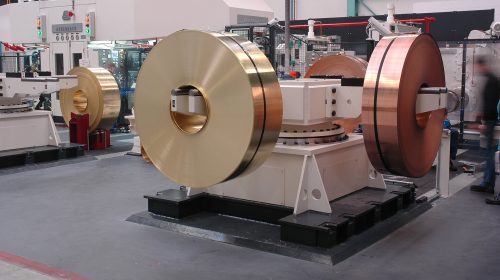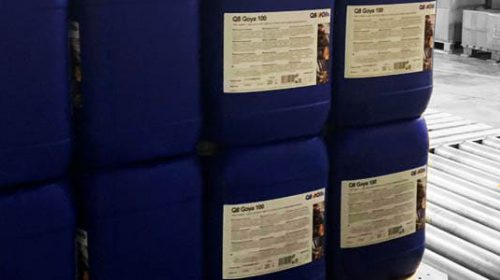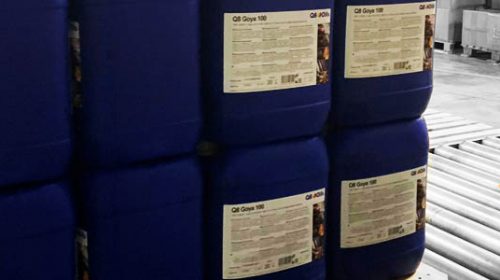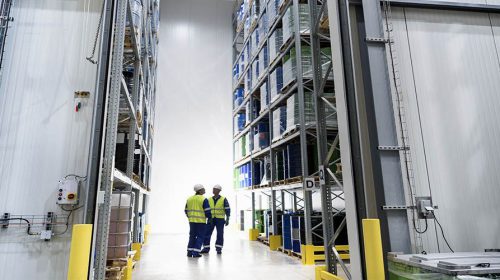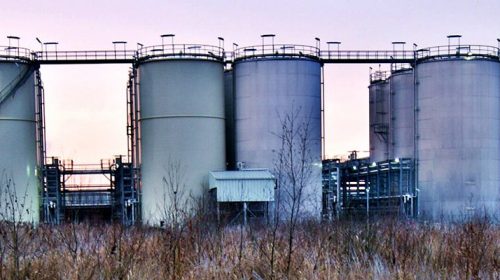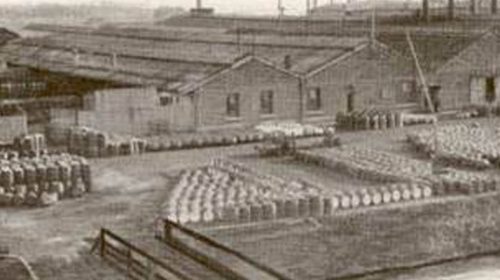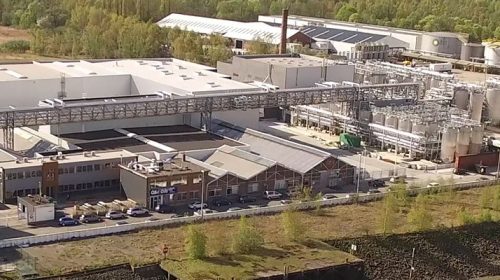The global push toward sustainability has led industries to adopt eco-friendly practices, and the lubricants sector is no exception. Q8Oils has set-up initiatives to minimize our environmental impact and to help our customers to minimize theirs. One of such initiatives is ‘product carbon footprint’ (PCF) tool.
The need for this initiative has arisen as Q8Oils wanted to be transparent about the environmental impact of our products. By calculating and validating the carbon footprint of our lubricants, we demonstrate commitment to sustainability. With the PCF tool we can provide verified carbon footprint data to our customers, this not only helps businesses meet regulatory requirements but also builds trust with environmentally conscious consumers. Additionally, accurate PCF data can support companies in their efforts to offset emissions, meet carbon neutrality goals, and reduce their overall environmental impact.
Product Carbon Footprint tool
Our Product Carbon Footprint (PCF) refers to the total amount of greenhouse gases (GHG) emitted starting from raw material extraction through production, up to the point it leaves our facilities, commonly referred to as “cradle-to-gate.” Calculating the PCF of a product is crucial for understanding its environmental impact and identifying areas for improvement.
Recently Q8Oils’ carbon footprint methodology was validated by Vinçotte.
Who’s Vinçotte and why is their validation reliable?
Vinçotte, a member of Kiwa Group, is a renowned independent certification, inspection, and testing company with over a century of experience. Based in Belgium, Vinçotte is recognized globally for its expertise in quality assurance, safety, sustainability, and compliance across various industries.
With a focus on reliability and accuracy, Vinçotte operates as a trusted third-party verifier for environmental, industrial, and product certifications. Their role is essential in sectors like energy, construction, and manufacturing, where adherence to rigorous standards is critical for ensuring safety, sustainability, and operational excellence. Vinçotte’s commitment to transparency and integrity has made it a preferred partner for companies seeking to improve their processes and prove their commitment to quality and environmental stewardship.
Vinçotte is accredited on the basis of ISO/IEC 17020/ 17021/ 17025/ 17029/ 17065 standards. These accreditations guarantee that Vinçotte delivers efficient, high-performance services at an organisational and technical level.
The validation of Q8Oils PCF tool
At Q8Oils, the PCF tool is used to calculate the product carbon footprint of our wide range of products. The PCF tool was designed to ensure that the carbon footprint of fuels, lubricants, and other petroleum derivatives is accurately calculated.
Vinçotte validates that the tool adheres to the:
- international standard ISO 14067 “Greenhouse gases – Carbon footprint of products – Requirements and guidelines for quantification”
- “Methodology for Product Carbon Footprint (PCFs) for Lubricants and other specialties” laid out by the Union of the European Lubricants Industry (UEIL) and the technical association of the European Lubricants industry (ATIEL).
Key Features of the Validation
Vinçotte’s validation of the Q8Oils PCF tool methodology focused on several essential aspects:
- Correct Implementation: The tool was reviewed to ensure it met the requirements of ISO 14067 and UEIL’s methodologies.
- Emission Factors: The sources of the emission factors used in the tool were independently verified.
- Greenhouse Gas Calculations: The accuracy and completeness of the GHG calculations were thoroughly examined.
Vinçotte concluded that the tool is accurate, transparent, and free of material errors, provided it is used correctly. This validation provides a level of “reasonable assurance,” confirming that the methodology is sound and the results reliable.
To understand more about Q8Oils PCF tool read: Product Carbon Footprint of Lubricants – Q8Oils
For more information about Q8Oils and our commitment to sustainability: Sustainability – Q8Oils


